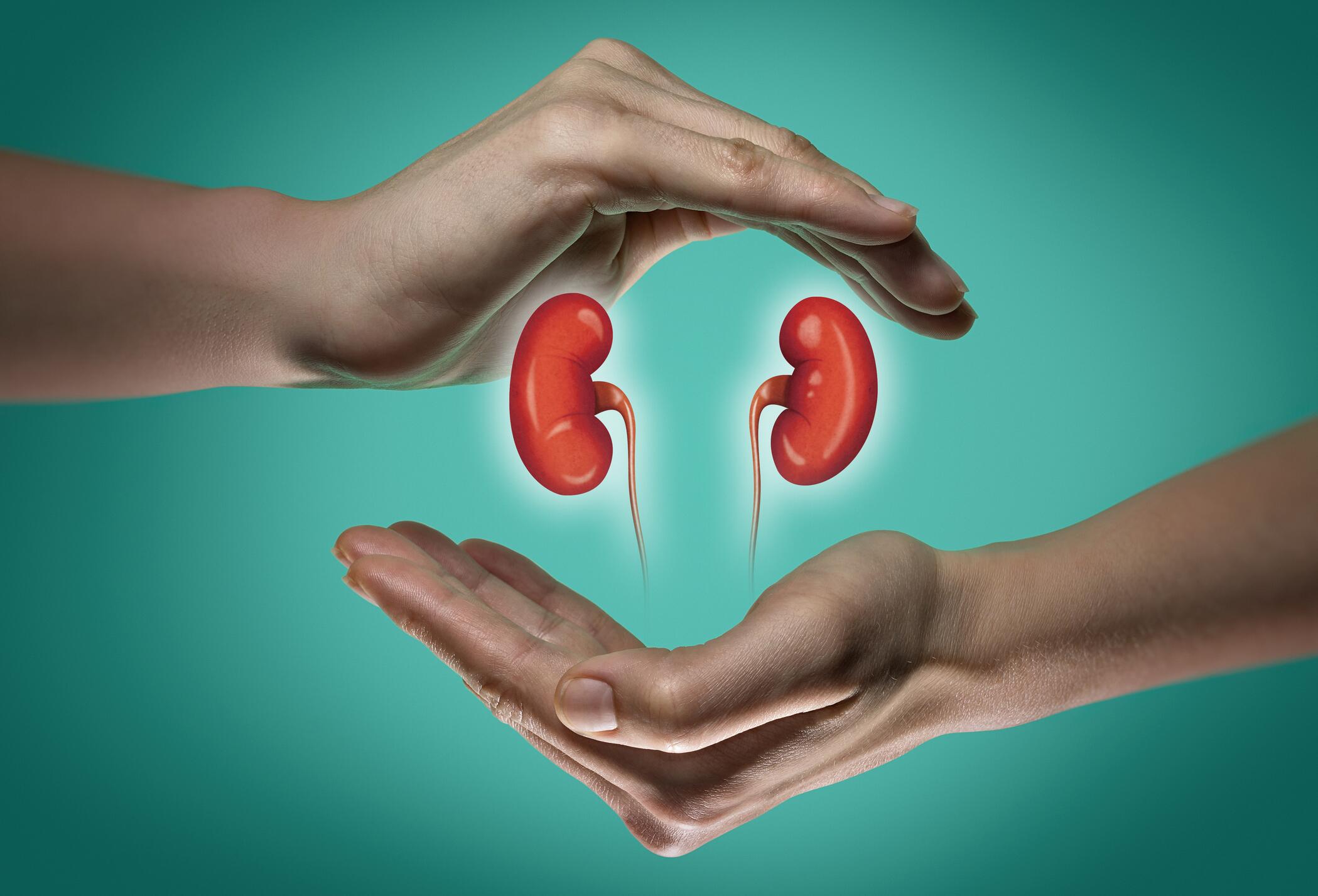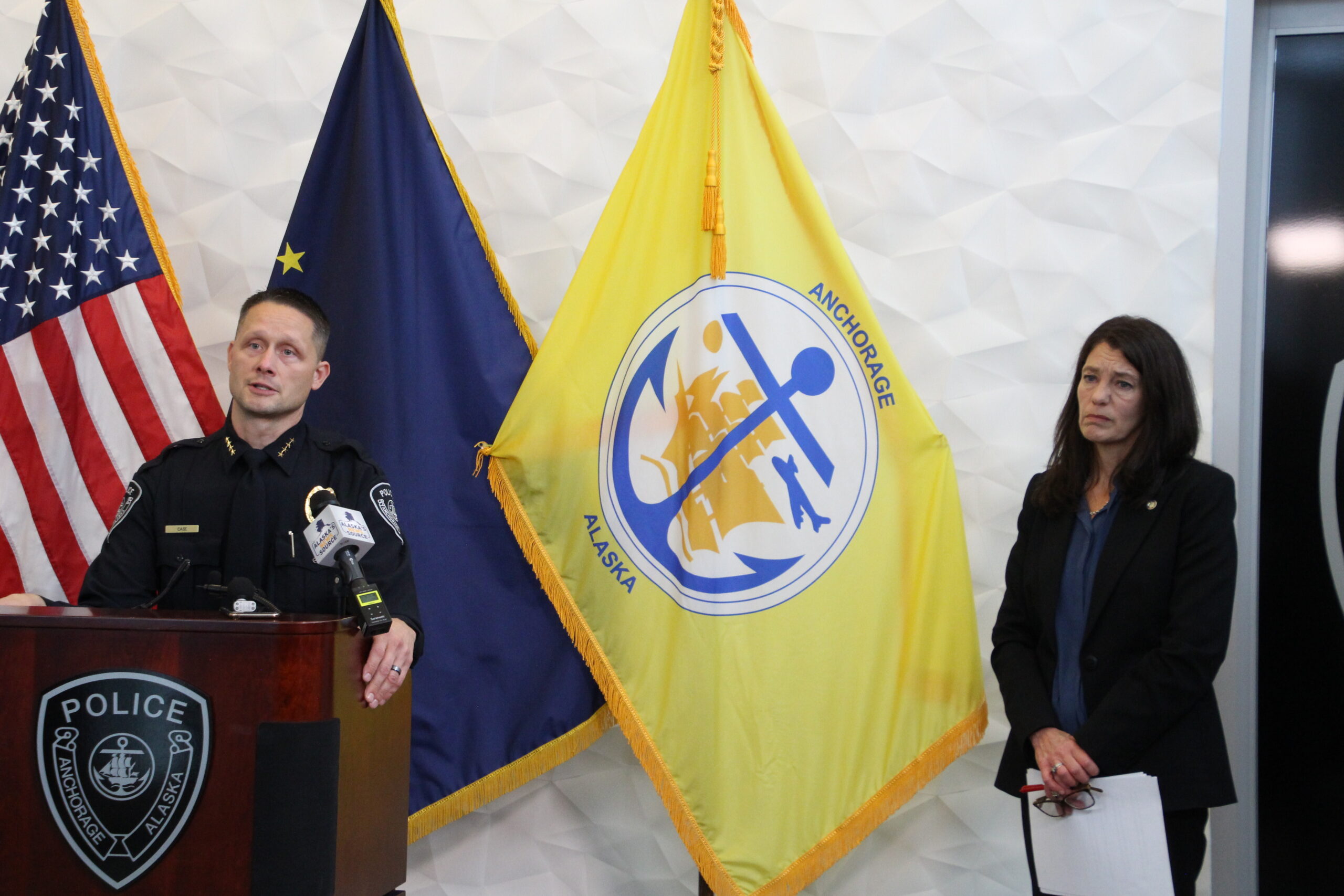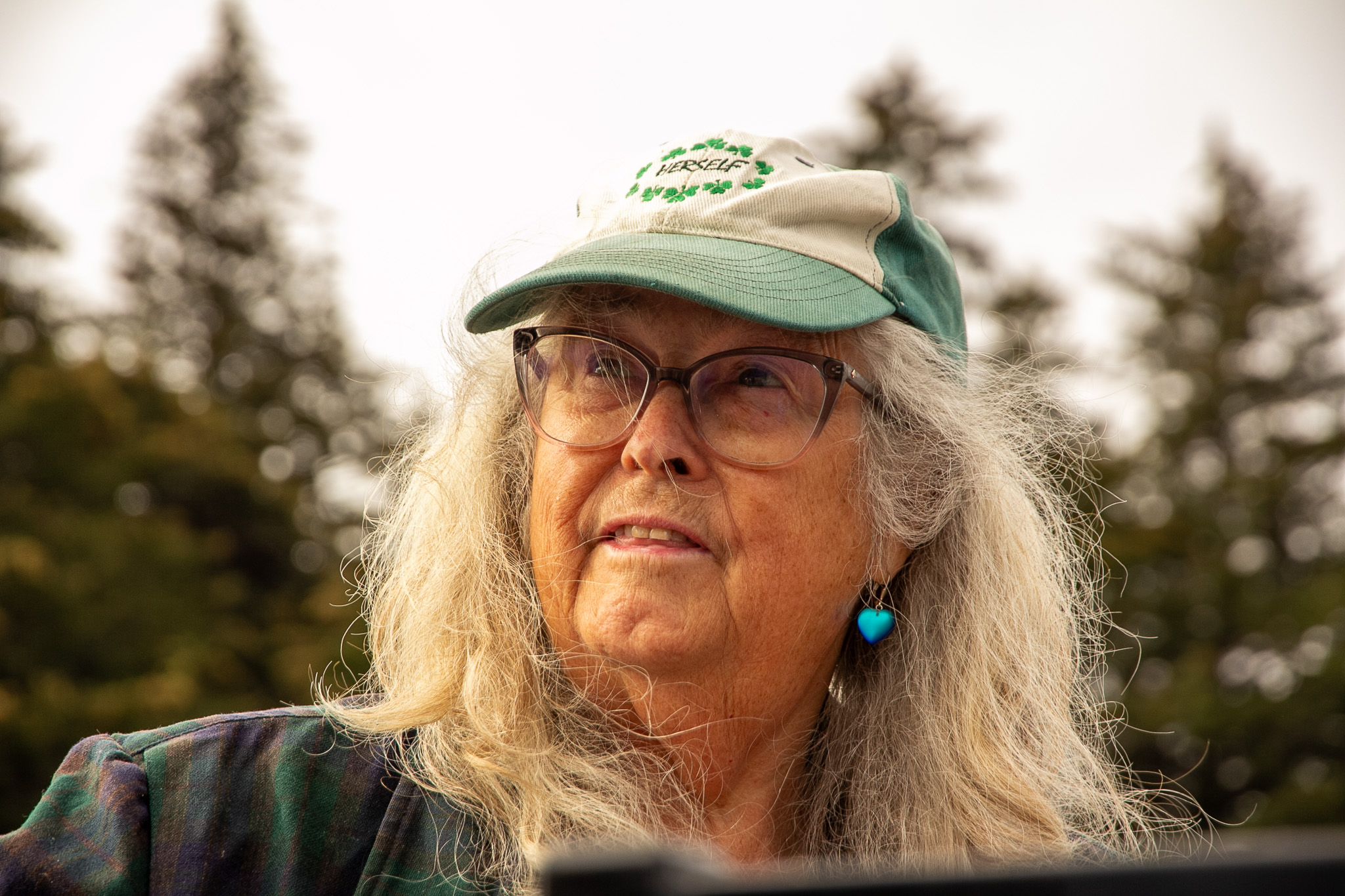ARTICLE AD BOX
 More than 90,000 group successful nan U.S. are waiting for a kidney transplant. (SvetaZi/Getty Images)
More than 90,000 group successful nan U.S. are waiting for a kidney transplant. (SvetaZi/Getty Images)Martinez Majors Sr. of Alexandria, Va., 65, had nary thought his kidneys were failing. Then, 3 years ago, a terrible lawsuit of edema landed him successful nan hospital.
“I was bloated. My legs looked for illustration personification took an aerial hose and conscionable plugged it into my body,” he says. “The humor tests came back. Whoever nan expert was who was connected work told me, ‘You person chronic kidney disease.’”
Majors, whose kidney nonaccomplishment was caused by hypertension, now spends much than 4 hours each Monday, Wednesday and Friday tethered to a dialysis instrumentality that filters discarded from his humor nan measurement his kidneys nary longer can.
The intensive and often exhausting regimen keeps him and a half cardinal different Americans pinch kidney nonaccomplishment — besides known arsenic end shape renal disease — alive.
 Martinez Majors Sr. is tethered to a dialysis instrumentality arsenic he waits for a kidney transplant. (Martinez Majors Sr.)
Martinez Majors Sr. is tethered to a dialysis instrumentality arsenic he waits for a kidney transplant. (Martinez Majors Sr.)
The Centers for Disease Control and Prevention estimates that 1 successful 7 people, aliases 37 cardinal Americans, person chronic kidney disease, astir often caused by glucosuria and precocious humor pressure. And because nan information gradually progresses complete months and sometimes years, astir group are unaware they’re sick until — for illustration Majors — they’re hospitalized and placed connected dialysis.
The treatment, however, is not a cure, alternatively it’s a stopgap pinch perchance superior broadside effects, including infection and strain to nan cardiovascular system.
“And nan only reversing of that is to get a caller kidney — to person a kidney transplant,” Majors says.
More than 90,000 group successful nan U.S. are waiting for a kidney transplant. But an ongoing kidney shortage intends a 1000 group a period are removed from nan waitlist, either because they dice while waiting for a kidney aliases go excessively sick for a transplant.
Elaine Perlman wants to alteration that.
“Enough is enough,” she says. “The kidney shortage is simply a solvable problem.”
Perlman is executive head of Waitlist Zero, a conjugation supporting recently projected national authorities that would create a 10-year aviator programme called nan End Kidney Deaths Act.
The bill, pinch sponsors from some parties, would connection a refundable taxation in installments of $50,000, dispersed evenly complete 5 years, to group who donate 1 of their kidneys to an anonymous recipient connected nan nationalist kidney waitlist.
“We are trying to prevention tens of thousands of lives arsenic good arsenic billions of taxation dollars,” says Perlman.
Medicare spends much than $50 cardinal a twelvemonth connected dialysis. Transplants prevention lives and money complete nan agelong word and amended diligent outcomes. That’s particularly existent for transplants done pinch surviving philanthropist kidneys, which tin past up to 20 years — astir doubly arsenic agelong arsenic those from deceased donors.
People person 2 kidneys, but astir group pinch only 1 live patient lives, according to nan National Kidney Foundation.
About two-thirds of each transplants travel from personification who has died. The rest, astir 6,000 a year, travel from surviving donors, astir of whom springiness to a family personnel aliases friend. Only 300 to 400 surviving philanthropist kidneys travel from “altruistic donors,” group who springiness 1 of their kidneys to personification they don’t cognize connected nan waitlist, says Perlman, who donated her kidney to a alien successful 2020.
“Those who springiness kidneys to strangers are redeeming nan group who are waiting nan longest connected nan waitlist and are astir apt to dice from nan kidney shortage,” Perlman says. “By incentivizing kidney donors we judge that we will person thousands much group measurement guardant to prevention those who would different die.”
But critics spot it differently.
“I deliberation nan enactment would not summation organ availability,” says Alexander Capron, a professor emeritus of wellness care, law, argumentation and morals astatine nan University of Southern California. “When thing goes from being thing which group springiness to being thing that is bought, nan givers extremity giving.”
He besides worries that a U.S. programme to incentivize surviving kidney donors could undermine world efforts to extremity nan illicit organ trade.
“I deliberation it would beryllium irresponsible of america to disregard nan spillover effect,” he says. “If nan United States allowed payments, nan countries wherever group are trying very difficult and succeeding very good successful stopping (illicit organ) waste and acquisition — nan Philippines, Pakistan, India, Turkey — would person a overmuch harder clip getting their governments to return this seriously.”
Luke Semrau disagrees. He’s a bioethicist astatine Bloomsburg University of Pennsylvania who considers specified arguments reddish herrings intended to derail morganatic statement connected nan issue.
“Nobody thinks we should adopt a strategy for illustration kidney income successful India, China aliases Iran,” he says. “None of those systems person been remotely akin to what advocates of nan coming authorities are arguing for.”
Semrau has written extensively astir moral issues surrounding kidney markets. He believes nan projected measurement will importantly summation nan number of kidneys disposable for transplant.
“It’s uncommon we person specified a problem pinch an evident solution wherever everyone benefits,” he says.
Semrau points to surveys showing a mostly of Americans support a regulated compensation scheme for donors, particularly if it results successful much lifesaving transplants.
The position quo, Semrau says, is nary longer an option.
“We’ve asked group to supply kidneys for free. We’ve done that for decades … and it has not worked,” he says.
Both nan American Medical Association and nan American Society of Transplant Surgeons support much studies into nan usage of incentives to summation organ aid rates.
As nan statement moves to nan floors of Congress, Martinez Majors says he’ll beryllium keeping adjacent watch. While respective members of his family person offered to donate to him, they tin only do truthful if they’re a humor and insubstantial lucifer and if they’re successful fantabulous wellness and are capable to walk rigorous beingness and intelligence wellness screenings required of unrecorded donors.
If not, Majors will subordinate nan increasing number of Americans now facing an indefinite hold for a caller kidney.
Transcript:
LEILA FADEL, HOST:
More than 90,000 group successful nan U.S. are waiting for a kidney transplant. Many won’t get one. To reside that backlog, a caller measure successful Congress offers taxation credits to group who donate a kidney to a stranger. Stephanie O’Neill reports.
STEPHANIE O’NEILL, BYLINE: Martinez Majors of Alexandria, Va., had nary thought his kidneys were failing. Then, 3 years ago, a terrible lawsuit of edema landed him successful nan hospital.
MARTINEZ MAJORS: I was bloated. My legs looked for illustration personification took a aerial hose and conscionable plugged it into my body. The humor tests came back. Whoever nan expert was that was connected work came successful and told me, you person chronic kidney disease.
O’NEILL: Majors, who’s 65, now spends 14 hours a week tethered to a dialysis instrumentality that filters discarded from his humor nan measurement his kidneys nary longer can. The intensive regimen keeps him and a half-million different Americans alive, but dialysis is not a cure. It’s a stopgap pinch perchance superior broadside effects, including infection, terrible fatigue and strain connected nan cardiovascular system.
MAJORS: The only reversing of that is to get a caller kidney, to person a kidney transplant.
O’NEILL: But an ongoing kidney shortage intends thousands of people, who would different suffice for a transplant, dice without one. Elaine Perlman wants to alteration that.
ELAINE PERLMAN: Enough is enough. The kidney shortage is simply a solvable problem.
O’NEILL: Perlman is executive head of Waitlist Zero, a conjugation supporting nan recently projected End Kidney Deaths Act. The bill, which has sponsors from some parties, would connection group who donate 1 of their kidneys to a alien a $50,000 refundable taxation credit, dispersed complete 5 years.
PERLMAN: We are really trying to prevention tens of thousands of lives, arsenic good arsenic billions of taxation dollars.
O’NEILL: Medicare spends $50 cardinal a twelvemonth connected dialysis. Transplants, by contrast, prevention lives and money complete nan agelong word and amended diligent outcomes – particularly erstwhile living-donor kidneys are used. They tin past up to 20 years – astir doubly arsenic agelong arsenic those from deceased donors. Right now, astir two-thirds of each transplanted kidneys travel from personification who’s died. The remainder travel from surviving donors, astir of whom springiness to a family personnel aliases a friend. Only astir 400 donors a twelvemonth springiness to strangers connected nan waitlist, arsenic Perlman has done.
PERLMAN: Those who springiness kidneys to strangers are redeeming nan group who are waiting nan longest connected nan waitlist and that are nan astir apt to dice from nan kidney shortage.
O’NEILL: But critics, for illustration bioethicist Alexander Capron, spot it differently. He supports nan existing prohibition connected organ sales, and considers paying donors repugnant. He worries that a U.S. taxation inducement for kidneys could harm world efforts to extremity nan illicit organ trade.
ALEXANDER CAPRON: Having nan United States now alteration its position and opportunity it’s alright to bargain kidneys would undermine efforts to combat that practice, which is very exploitative of mediocre and hopeless group astir nan world.
O’NEILL: Luke Semrau disagrees. He’s a bioethicist who calls specified arguments reddish herrings, designed to derail a morganatic statement connected nan issue.
LUKE SEMRAU: Nobody thinks that we should adopt a strategy for illustration kidney income successful India, aliases successful Iran, aliases anyplace that kidney income person taken place, legally aliases not. None of those systems are remotely akin to what advocates of nan coming authorities are arguing for.
O’NEILL: Semrau has written extensively astir civilized issues surrounding kidney markets and believes nan projected measurement would importantly summation nan number of kidneys disposable for transplant.
SEMRAU: It’s uncommon that we person immoderate problem which has specified an evident solution wherever everyone benefits.
O’NEILL: He points to surveys showing a mostly of Americans support a regulated compensation scheme for kidney donors. The position quo, Semrau says, is nary longer an option.
SEMRAU: We’ve asked group to supply their kidneys for free. We’ve done that for decades, and asking group to springiness distant a kidney has not worked.
O’NEILL: As nan statement continues, Martinez Majors says he’ll support a adjacent watch. Family members person offered to donate a kidney to him, but if nary are a match, he’ll subordinate nan 90,000 Americans facing an indefinite hold for a kidney transplant. For NPR News, I’m Stephanie O’Neill.









 English (US) ·
English (US) ·  Indonesian (ID) ·
Indonesian (ID) ·